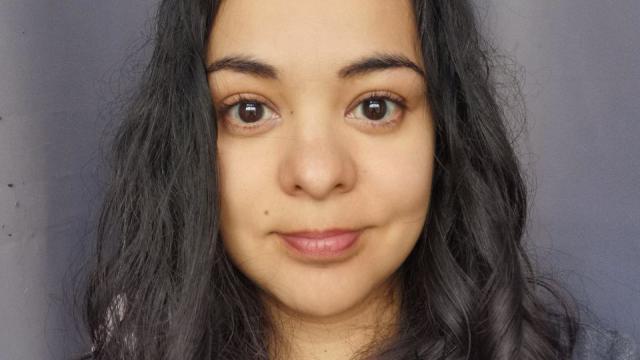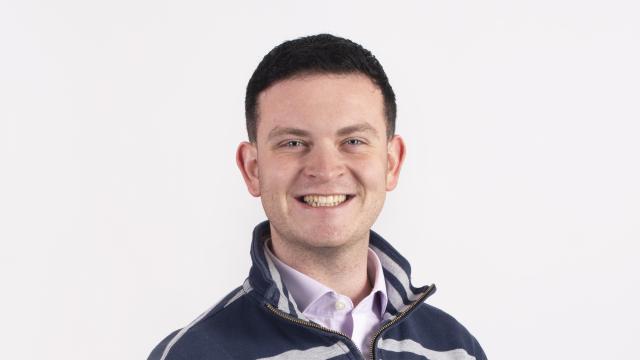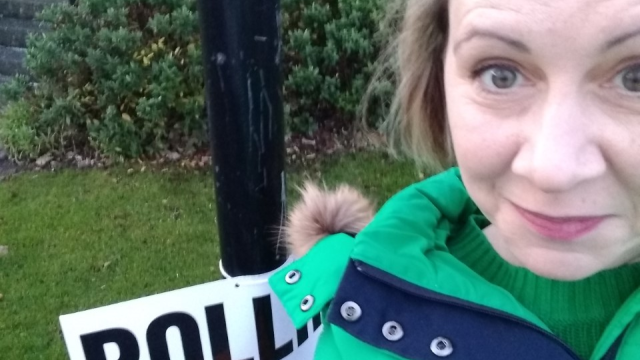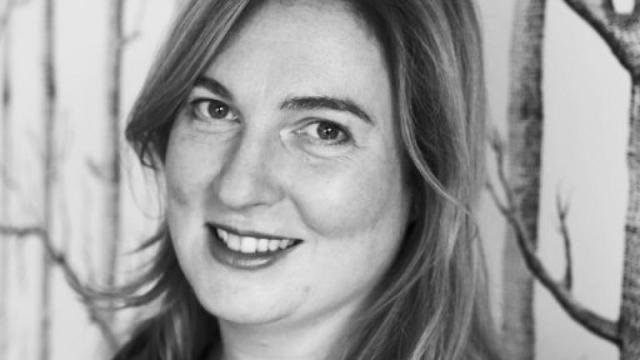05-09 June 2023
Venue: LG.08 40 George Square
This course is designed for researchers who are complete beginners with no prior knowledge of coding and data analysis. Through lectures and exercises, attendees will learn how to code in Python, starting from core concepts such as variables and loops, through to coding live data visualisation.
The course has a strong practical focus, with all coding happening in student pairs with support from teachers and instructors.

![Graphic mashup - Calton Hill, Edinburgh-8002418 [Chris Close]](/files/styles/large_16x9/public/2023-03/SummerSchool_Header_3_0.png?itok=IUoo2NM5)





